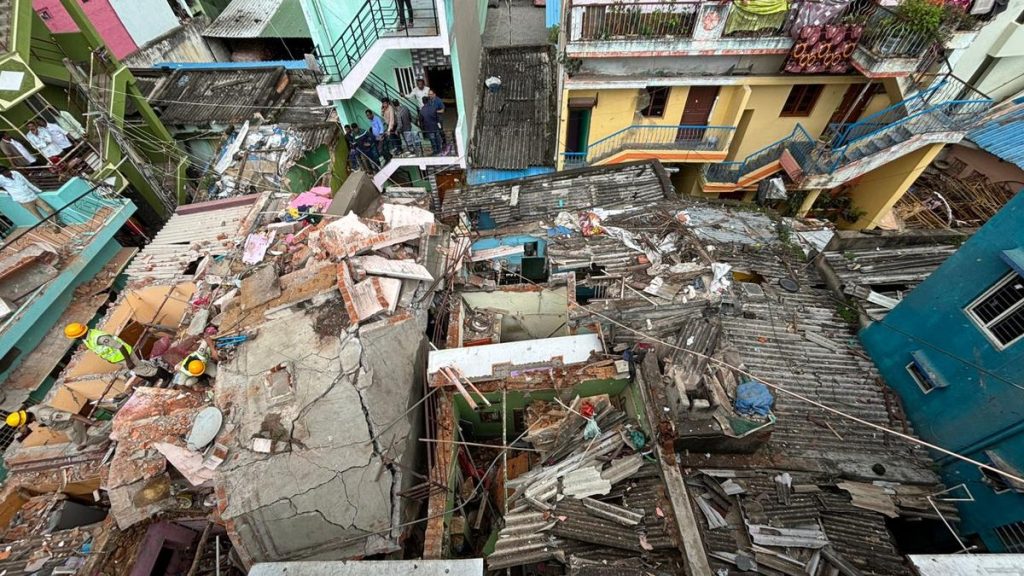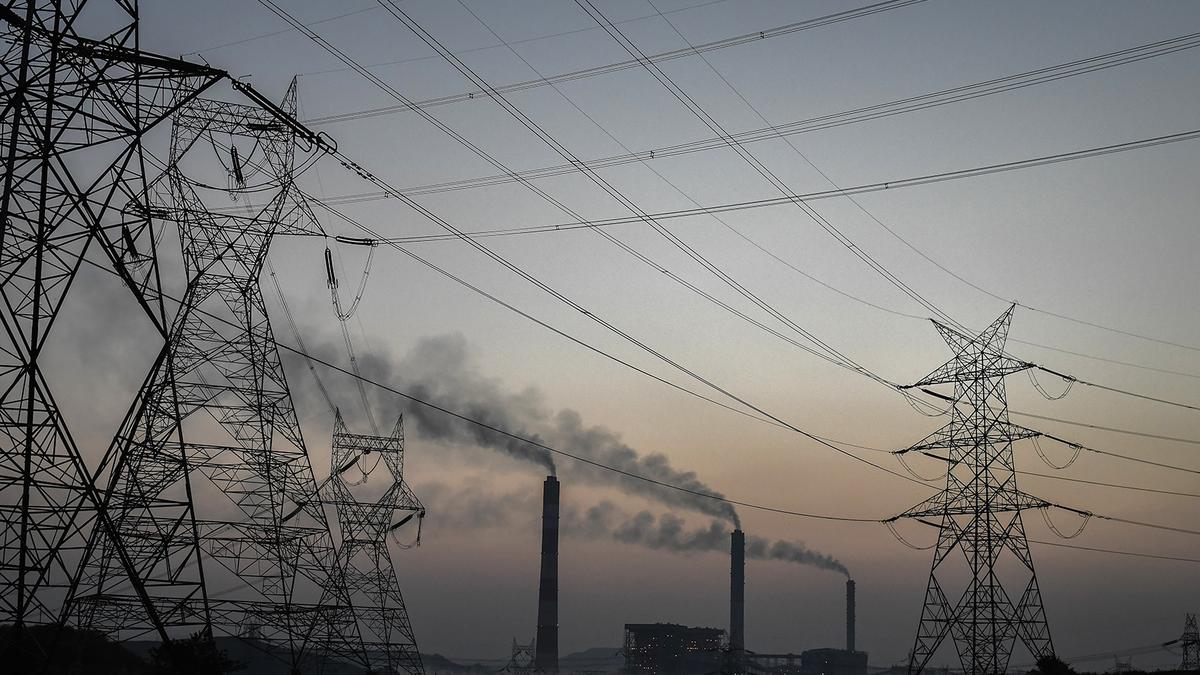Now Reading: India Faces Growing Water Crisis Amid Rising Heat
-
01
India Faces Growing Water Crisis Amid Rising Heat
India Faces Growing Water Crisis Amid Rising Heat
Swift summary
- Region Affected: Villages in Dr. B.R. Ambedkar Konaseema district,Andhra Pradesh,especially nine villages around the Shankaraguptam freshwater drain.
- Key Issue: Saline water from backwaters is flooding coconut groves due to incomplete dredging of the 22.7-km Shankaraguptam drain since 2017.
- Impact:
– thousands of coconut trees (estimated one lakh) have died across affected villages over six years; roughly 500 acres impacted in Kesanapalli alone.
– Coconut yield losses are notable; groves that once produced up to 220 fruits/tree annually are now dead or stunted.
– Paddy cultivation has shrunk drastically in Razole assembly constituency-acreage dropped from 14,000 acres to only about 3,400 acres-a shift toward brackish water aquaculture with limited success due to disease susceptibility.
- Investigations & Findings:
– Soil and water tests revealed high saline concentrations damaging both surface and groundwater quality; stagnant saline backwaters identified as primary cause.
– Two reports (2022 by inter-departmental experts and another by Dr. Y.S.R. Horticulture University) recommended completing dredging operations as a mitigation measure.
- Economic Fallout: The agricultural economy driven by coconuts has been severely impacted-overlapping with loss of income for farmers and workers engaged in related sectors like coir making, peeling, grading, etc., many of whom are women. Groundwater is no longer potable requiring costly alternatives for drinking water supply.
- Government response: Fresh proposal submitted for ₹10 crore funding to complete dredging tasks remains under scrutiny due to fiscal limitations.
Indian Opinion analysis
The situation unfolding across the Godavari Delta underscores how human intervention must balance immediate infrastructural needs against long-term ecological consequences.Incomplete dredging disrupted natural drainage patterns leading to catastrophic salinity ingress-a striking instance where routine desilting inadvertently destabilized a thriving agro-economy reliant on fertile soils.
The loss extends beyond agriculture as cultural practices linked deeply with coconuts-such as use in traditional weddings-are deteriorating alongside dwindling livelihoods tied directly or indirectly to cultivation and processing activities supporting rural populations.
What sets this apart is its larger economic ripple effect-from stunting staple crops like paddy fields towards limited aquaculture options burdened by risks such as shrimp diseases-in tandem with public health concerns arising from groundwater contamination forcing reliance on costly purified systems.
While proposed solutions such as reprioritized funding for completion of dredging deserve urgency given expert recommendations corroborated over multiple investigations since at least four years ago-the efficacy hinges equally upon holistic planning aimed toward proactive salinity management using robust engineering designs complementing river basin restoration efforts critical within climate dynamics swelling adverse recurrent downstream behaviors globally matching india’s broader agrarian mosaic transitions underway pivotally amidst population pressures projecting into sustained food securities pivotal upstream fast-address-bound urgency narratives integrally rooted multi-dimension analytical adaptability quintessential!























